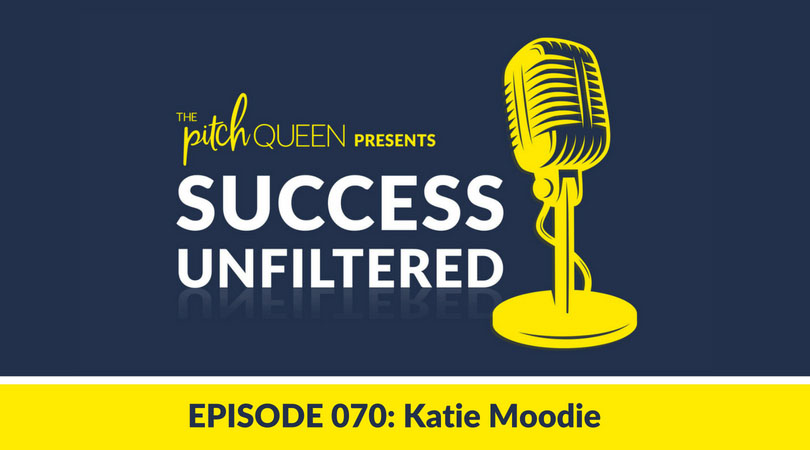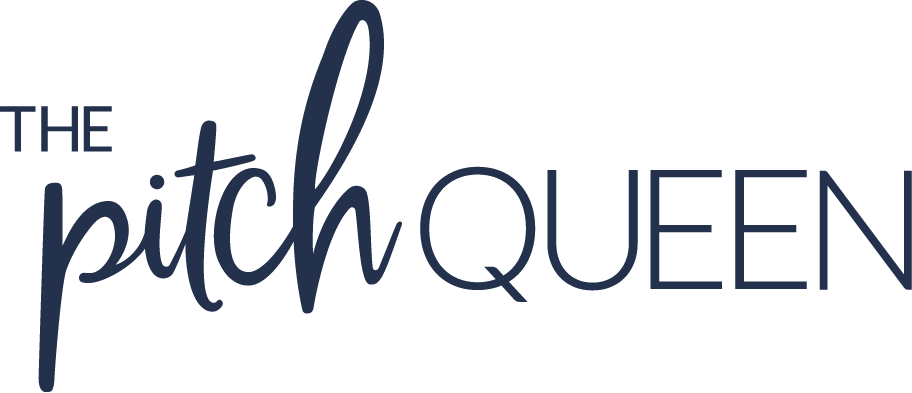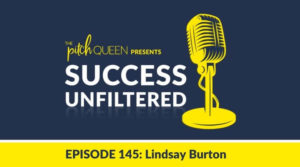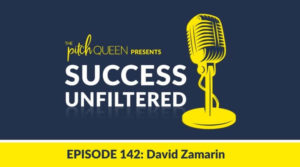
When it comes to our businesses, we all make loads of plans.
We plan things like what services we’ll offer our customers, or when our next launch will happen. Perhaps we even plan for how we’ll grow our business as revenue increases, but one unplanned for thing is if your business should close or run into financial trouble.
No matter how much you plan, there’s no way for you to guarantee how things within your business will turn out.
The only way to truly be prepared for the potential closure of your business is by creating a Plan B (and C and D, if necessary).
I know what you’re thinking…
Many successful business owners often say that when you take your focus off of Plan A, to create a Plan B, it means you’re not fully committed to your original plan. Let me be the first to tell you, that just isn’t the case.
Knowing that we have ZERO control over how things turn out, having a back-up plan can be the thing that saves you from falling flat on your face, should Plan A fail.
I understand this fully!
A year before I closed FITzee Foods, my intuition started telling me that there was trouble ahead for myself and my company.
I didn’t know what might happen, or even if something definitely would, but I wanted to be prepared, so I created a note on my phone that was titled, Plan B. I needed to have some ideas because I absolutely refused to go back to a 9 to 5 job.
On that note, I asked myself, if FITzee Foods doesn’t work out, what could be my Plan B?
I just started listing out all of these random thoughts and ideas for The Pitch Queen and my podcast, Success Unfiltered.
I would actually recommend that each of you do that same thing. I realize we never want to think about a Plan B and what it means for us, but you need to be prepared for the worst case scenario. You just never know what can happen!
It’s important to remember that just because we think we have control over things in our lives, we don’t.
For me, I had NO control over the investors that kept telling me NO after NO.
I could not control that my competitors were getting $8M to $20M to $30M investment rounds, and were able to give a full week of free food to new customers to acquire a new customer.
I could not control a mistake that occurred that cost my company hundreds of thousands of dollars.
And, I could not control Scripps Hospital sending me a letter letting me know that I owed them $270K. More to that backstory but we won’t get into it here.
My point is, all of these things were out of my control. But what I did have control over is my Plan B. Which is why I am here with you today!
The Loss of Revenue
The hardest part of creating a Plan B for your business is accepting that Plan A could go haywire. It’s not fun to think that way, I know. I’m a glass half full kinda gal, but a Plan B is a must!
My guest on Success Unfiltered, Katie Moodie, along with her friend Brooke created KB Pure Essentials, which is a hemp CBD company. They manufacture natural products for skin and wellness, but they’re dealing with a product that the federal government doesn’t support.
This led to some serious growing pains for Katie and her company. They wanted to take their business online, but in order to do that, they needed to have a merchant processor so they could take credit cards.
Katie applied to processor after processor, going through over 100 applications. She never gave up, though. She knew one would eventually accept her and her business.
Finally, after weeks of waiting one accepted KB Pure Essentials, so Katie and her team went to work planning out a huge launch that would be occurring right around Black Friday. This would give them the opportunity to offer people across the country the ability to shop online at the height of the buying season.
Their sales more than doubled overnight, but Katie noticed one MAJOR problem, a couple weeks had gone by and there was a hold on the reserve. The merchant processor advised Katie that it could take five more days, and then they should start receiving money.
After five days, there was still nothing, so Katie reached out to the processor and after several weeks without a response (and still NO deposits), they had to shut the online ordering and processing down.
It turns out that one of the agents involved with the merchant processor did something wrong and for legal reasons could not disclose what happened.
But, the worst part? When processor advised Katie and Brooke that they would not be able to give them any of the revenue they had made from those sales.
The revenue from this launch was around the tune of $20,000. Which they still have never received to this day.
Katie and Brooke were not only out the money, but they had also already shipped out all of the products, losing that cost to make the product, as well.
The worst part was that they didn’t have a back-up plan. It took them 2+ months to recover in other areas of their sales to make up for the lost revenue.
Katie is all in with her business, but looking back, she wishes she and her partner had come up with a back-up plan to protect them in the midst of this happening.
Lessons Learned
Katie learned quite quickly that you must stay on top of the merchant processor you decide to work with. It’s important to be very clear upfront, and be sure that you’re working with a domestic solution. You have to cover your butt!
Beyond ensuring that you regularly check-in with your agent, you need to have a Plan B.
Katie and Brooke had to have a Plan B in the moment while stressed, but it still worked out because they are incredibly motivated individuals.
They started regularly going to the farmer’s market and community events. They went back to the grassroots sales approach, and it helped bring their spirits back up and also their revenue back up.
At the time of my chat with Katie, she and her partner had just accepted Wells Fargo as their new Merchant Processor and were excited to get everything back up and running online.
In Conclusion
Remember, so much is out of our control in life and also in business. However, you do have control over putting a Plan B in place, to protect you from your business falling apart.
So, what’s your Plan B? If you don’t have one, start brainstorming ideas, today.
Do you have a Plan B? If so, share in the comments and if not, what is one idea you have that could turn into your Plan B?










